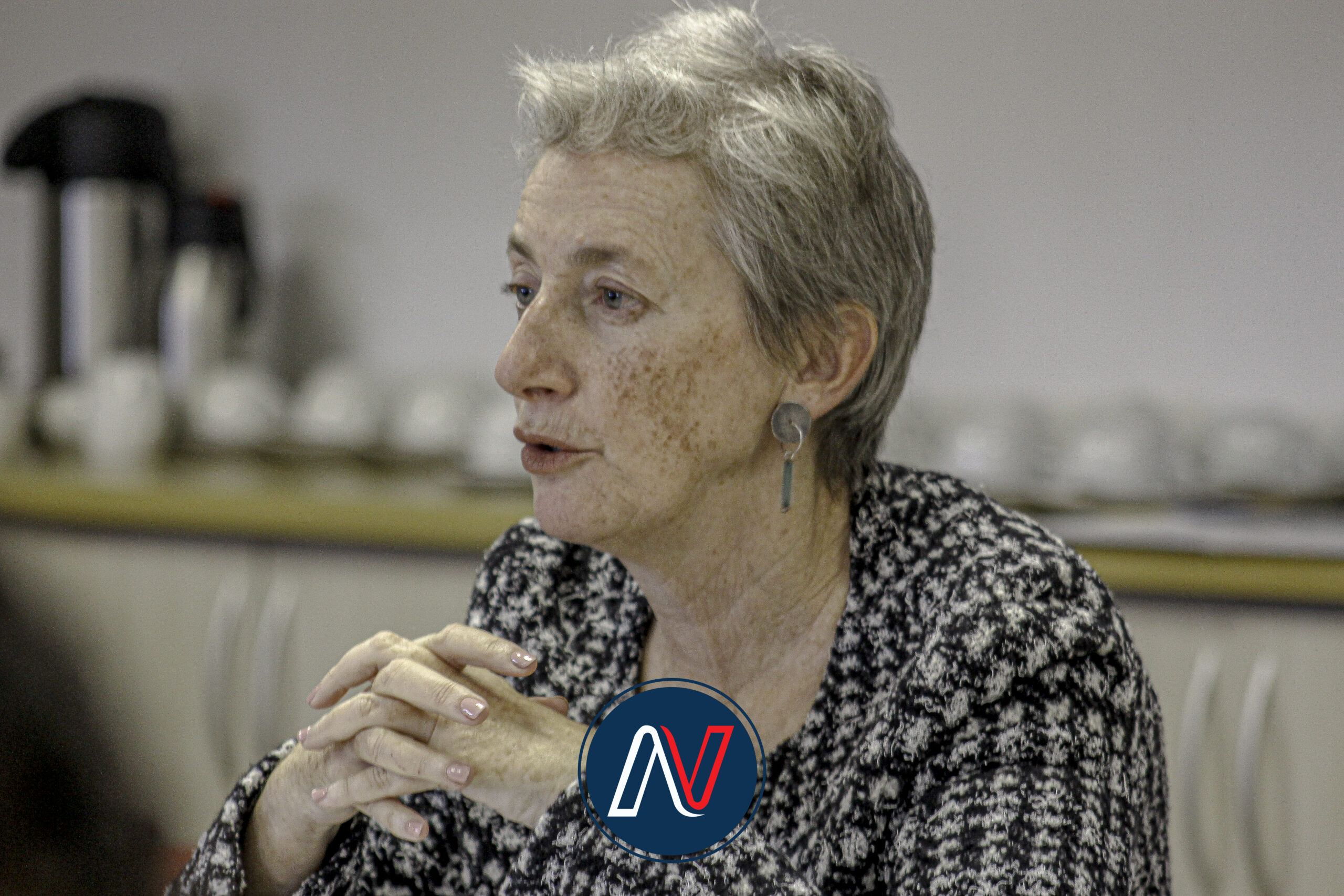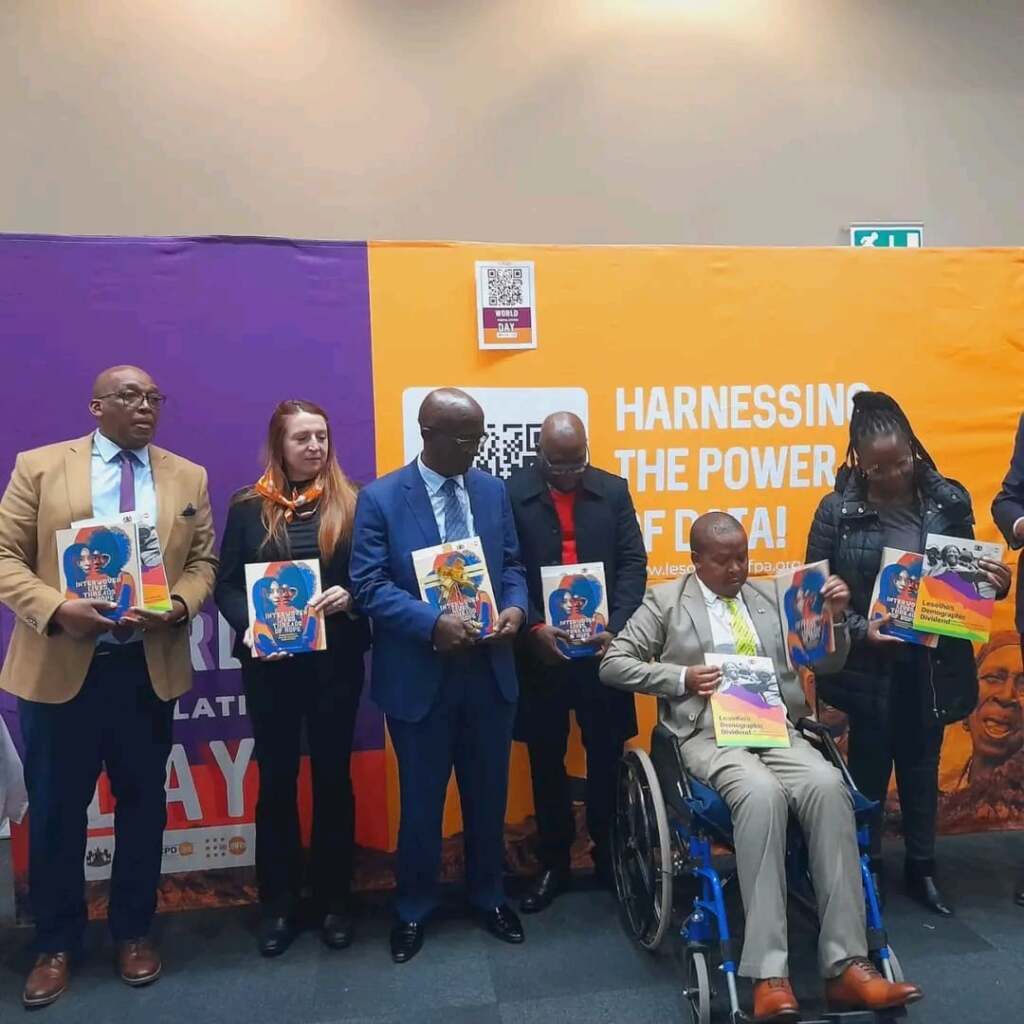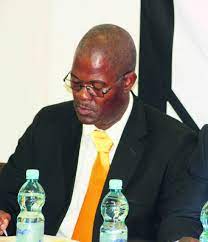Kananelo Boloetse
In the landscape of poverty reduction, Lesotho has undoubtedly made strides over the past decade. Yet, the stark reality remains that poverty rates persist higher than in our neighbouring countries.
Approximately half of our population, or 49.7 percent, lives below the national poverty line, with 24.1 percent in extreme poverty. These numbers translate to nearly a million individuals living below the poverty line and half a million in extreme destitution.
Within the Southern Africa Customs Union (SACU) and neighbouring nations, Lesotho’s poverty rate ranks alarmingly high. This is not merely a consequence of individual actions, but often a result of systemic factors, from the regions where people grow up to health adversities and environmental challenges.
One of the most formidable contributors to this struggle is unemployment. Alarming statistics show that half of Lesotho’s working-age population is not engaged in the labor market. This demographic, predominantly the youth, bears the brunt of joblessness.
It is imperative that the government takes immediate action by implementing a monthly cash grant to assist Basotho who are grappling to make ends meet.
This grant’s eligibility criterion should target unemployed individuals aged 18 to 59, ensuring that every Loti disbursed goes directly to those in need. By tying eligibility to employment status, the support remains temporary and tapers off as beneficiaries transition out of unemployment, thus averting the risk of fostering dependency.
This is not an endorsement of wasteful spending; on the contrary, direct cash transfer programs have demonstrated efficacy as swift and impactful measures for poverty alleviation.
A monthly grant could be the catalyst for aspiring Basotho entrepreneurs, empowering them to kick-start their own ventures.
While I acknowledge that job creation and long-term economic growth are paramount goals, they do not address the immediacy of the crisis at hand. It is untenable to suggest that the government should focus solely on long-term objectives, as the immediate needs of our citizens cannot be ignored.
In the past, numerous plans to combat unemployment have been announced with limited tangible results. The government’s efforts to address the plight of young Basotho have consistently fallen short.
The youth, increasingly restless in the face of stalled progress, cannot be expected to wait indefinitely. The seeds of change that fueled movements like the Arab Spring in 2010 have the potential to inspire today’s youth to demand their due if the government delays in serving them.
Implementing a universal basic income is not merely an economic strategy; it is a moral imperative. It is an investment in the potential and future of our nation, a testament to our commitment to the well-being and prosperity of all Basotho.
It is time for bold, decisive action. The youth of Lesotho cannot afford to wait any longer.
This initiative aligns seamlessly with Lesotho’s National Strategic Development Plan, which underscores inclusive and sustainable economic growth. By adopting a universal basic income, the government demonstrates its dedication to this vision, addressing immediate needs while setting the stage for a thriving, resilient economy.
Furthermore, this program can act as a catalyst for social transformation. It empowers individuals, particularly the youth, to pursue their aspirations without the weight of financial insecurity. It fosters an environment where innovation and entrepreneurship can flourish, driving economic diversification and long-term stability.
Critics may argue that such an endeavor is financially burdensome, but the cost of inaction far outweighs the investment required. The gains in social cohesion, economic dynamism, and human potential far exceed the upfront expenditure.
Moreover, innovative financing mechanisms can be explored, including public-private partnerships and leveraging international assistance.
In a rapidly changing global landscape, where economic uncertainties are amplified by external factors, providing a safety net for our citizens is not only prudent but also essential.
A universal basic income will serve as a shield against the unforeseen, allowing individuals and families to weather economic storms with dignity and resilience.
Let us not forget that our greatest resource is our people.
Nurturing their potential through initiatives like universal basic income is an investment in the very fabric of our nation. It is a promise of a brighter, more prosperous future for all Basotho.
In the face of adversity, leaders emerge to champion transformative policies. This is one such moment for Lesotho. The call for universal basic income is a call for visionary, compassionate governance. It is a call to bridge the gap between potential and opportunity. It is a call to shape a future where every Mosotho can thrive.

Your Trusted Source for News and Insights in Lesotho!
At Newsday Media, we are passionate about delivering accurate, timely, and engaging news and multimedia content to our diverse audience. Founded with the vision of revolutionizing the media landscape in Lesotho, we have grown into a leading hybrid media company that blends traditional journalism with innovative digital platforms.












